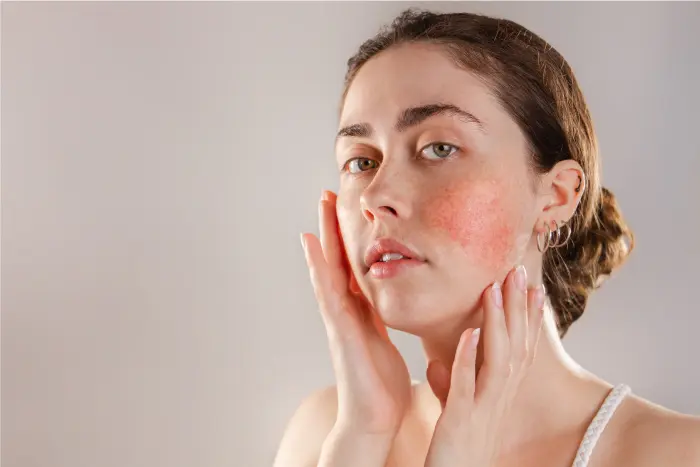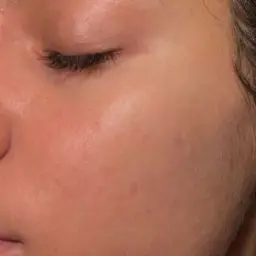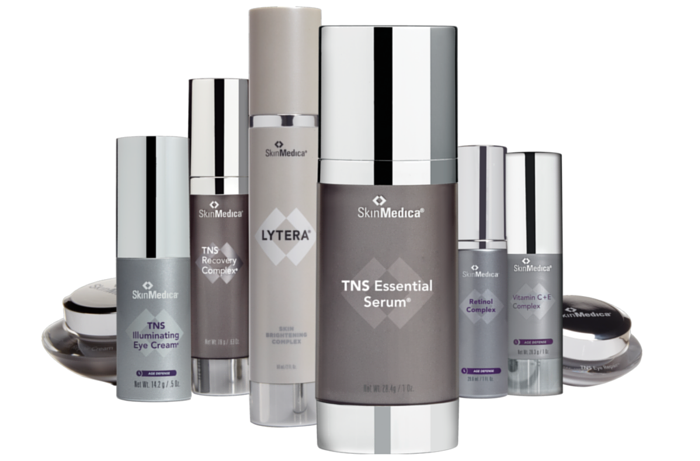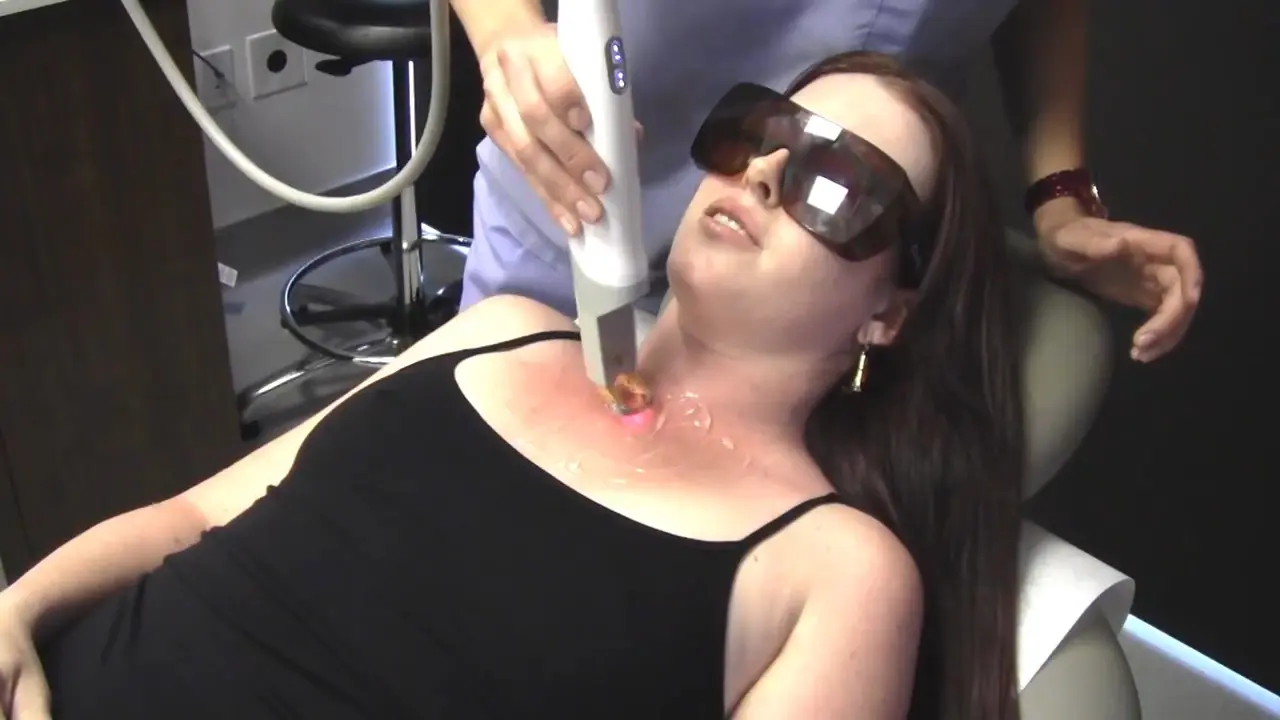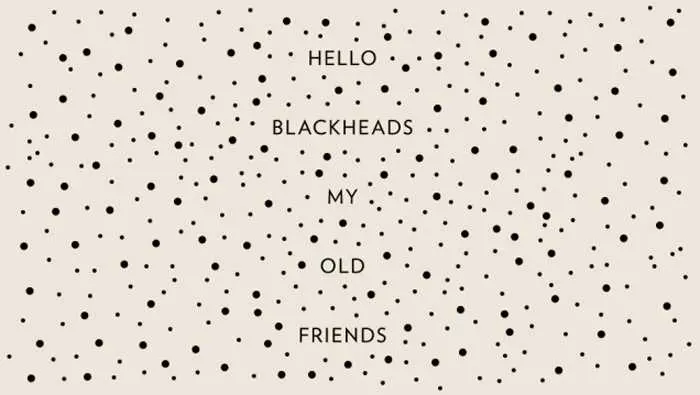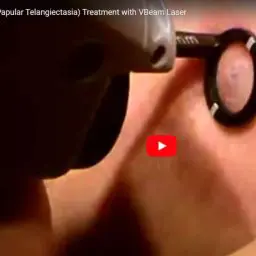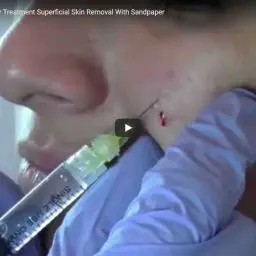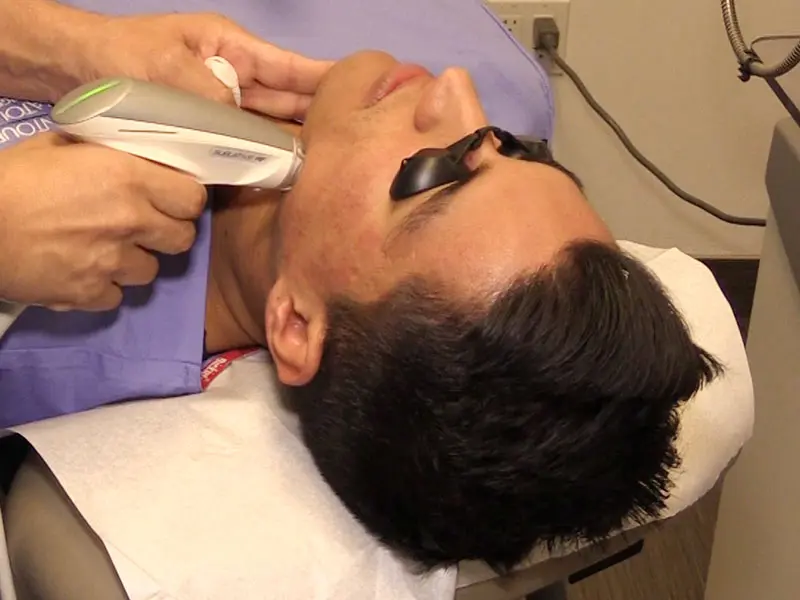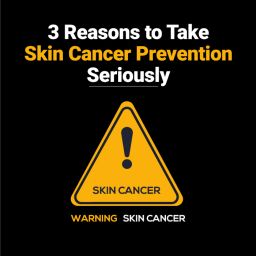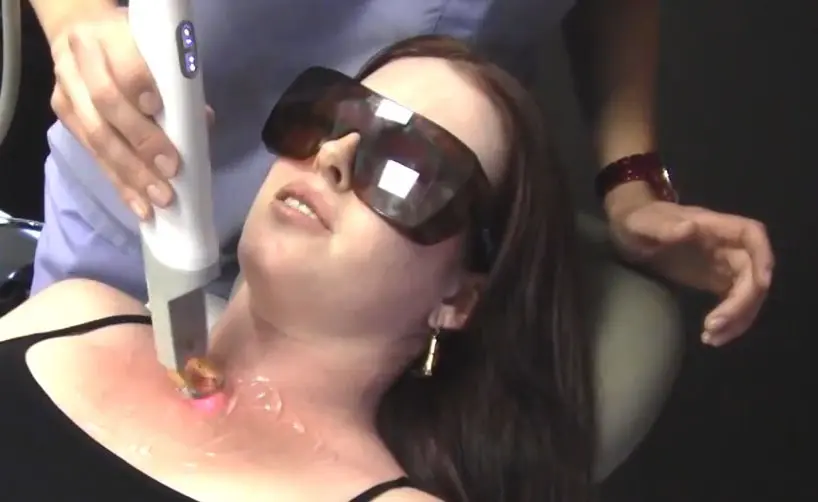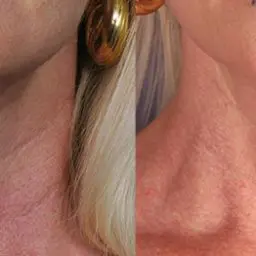Redness. A skin concern that can be indicative of many things including sunburn, rosacea, sensitive skin or an allergic reaction. In this blog we address some of your most commonly asked questions about skin redness and how to treat and prevent it.
1. If my skin is red, does that mean I have sensitive skin?
Not necessarily. Skin redness can be caused by a number of contributors, including rosacea or you may be experiencing a reaction to topical facial product. However, it’s important to note that, for some, skin may easily turn red and may be an important indicator of sensitive skin. Other indicators include skin that easily becomes blotchy, breaks out in a rash, itches or stings in response to product or the weather. The good news is that sensitive skin is easy to manage once it’s diagnosed.
2. What is the difference between sensitive skin and rosacea?
Sensitive skin is just one aspect of rosacea. Unfortunately, in some instances, sensitive skin is misdiagnosed as acne or just a rash. Other symptoms of rosacea include small visible blood vessels on the face, bumps or pimples, and watery, irritated eyes. It’s important to check with your skin care professional to see if you have rosacea. While there is no cure for rosacea, there are treatments like Obagi’s Rosaclear® System, which is specifically designed to help treat the signs and symptoms of rosacea.
3. If my skin is red can I still exfoliate or will this cause irritation? Are there specific ingredients I should avoid if I have redness in my skin?
Because red skin is often irritated skin, exfoliating, and other harsh abrasives, is not typically recommended. Avoid scrubbing, picking, peeling or using any kind of harsh or drying agents like alcohol or beta hydroxy acid.
4. How do I minimize the redness in my skin?
Depending on what is causing your redness, you may have options: If you are diagnosed with rosacea, there are several options available to you which include a topical skin care system like Obagi Rosaclear, as well as more aggressive treatments, like laser therapy performed in-office. Results will vary from person to person, so it’s recommended that you discuss all of your options with your doctor before choosing a treatment.
Often times, skin redness is simply caused by a reaction to something—topical or environmental. The first step would be determining what your trigger is. If it’s topical, try cutting down on the product or talking to your skin care professional to find an alternative. Obagi patients sometimes experience skin redness from using the Obagi Nu-Derm® System; as a first line of defense, try adding Obagi Hydrate™ to your routine. Hydrocortisone can also be added on an as-needed basis to temporarily cut down on the redness and reduce itching. If the cause is environmental, consider your options—do you need to increase your moisturizer in the colder, harsher months? Are you wearing enough SPF to thoroughly protect your delicate facial skin from sun burn? You may have an allergy that you need to discuss with your doctor.
5. What’s the best way to treat skin redness from a sunburn?
While it’s best to prevent sunburn altogether with SPF, hats and long sleeves, it does sometimes happen. A cool shower may help to temporality soothe the burn. After that, moisturize, moisturize, moisturize. Be sure that whichever lotion you use does not contain any scents, as that can irritate your already sensitive, burned skin. Also, try a product that contains Vitamin C like the Obagi Professional-C™ Serum that can reduce inflammation and help the skin retain moisture.
If your skin is really irritated it’s also OK to use a hydrocortisone cream for a day or two to relieve discomfort. Finally – and most important – learn from your mistake. A sun burn is never worth the risk and can increase skin aging, brown spots and worst of all, skin cancer.
References:
1. 20 Common Questions About Sensitive Skin. WebMD Website.
https://www.webmd.com/beauty/sensitive-skin-20-questions. Accessed June 27, 2013.
2. What is Rosacea? National Rosacea Society Website.
https://www.rosacea.org/. Accessed June 27, 2013.
3. Five Ways to Treat a Sunburn. Skin Cancer Foundation Website.
https://www.skincancer.org/prevention/sunburn/five-ways-to-treat-a-sunburn. Accessed June 27, 2013


